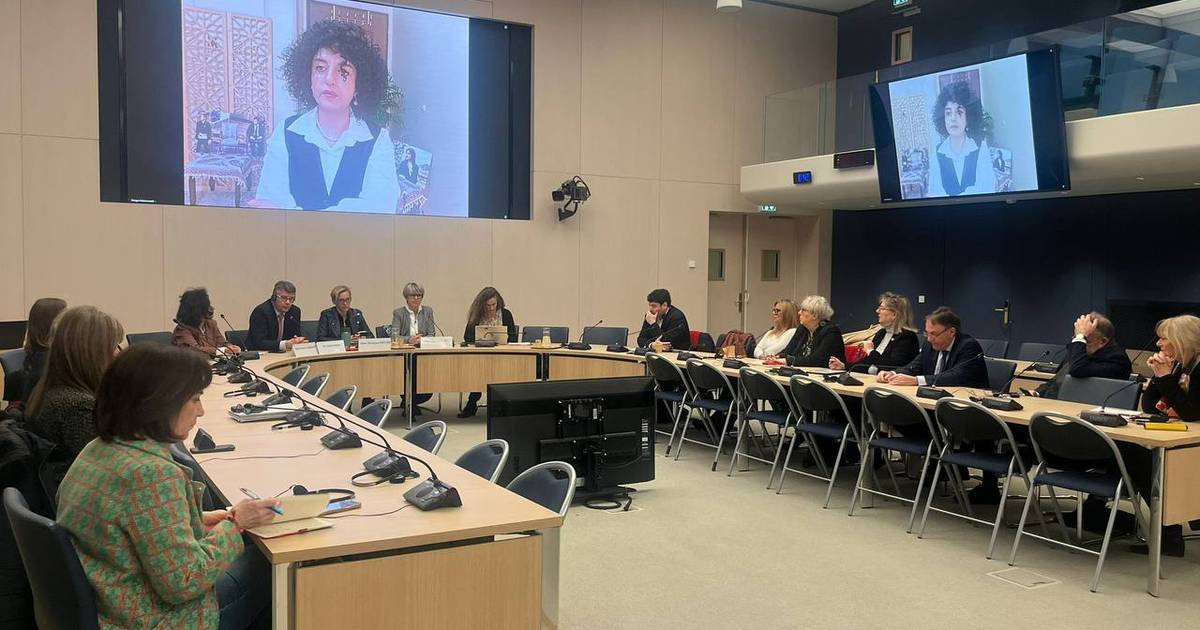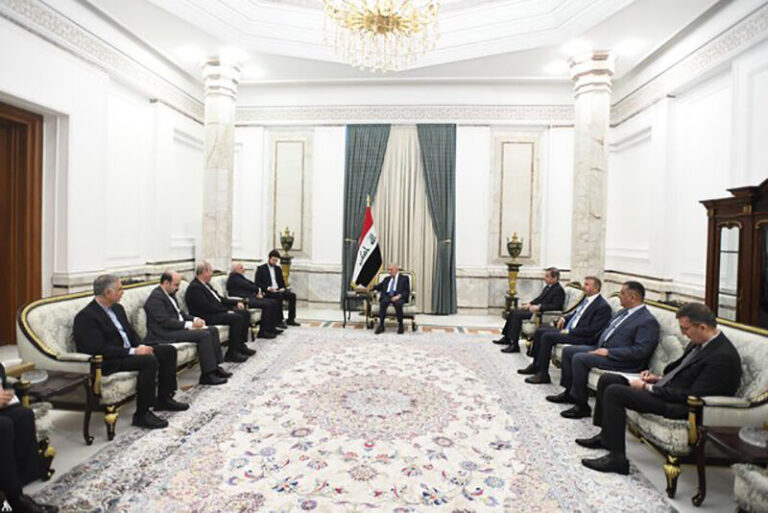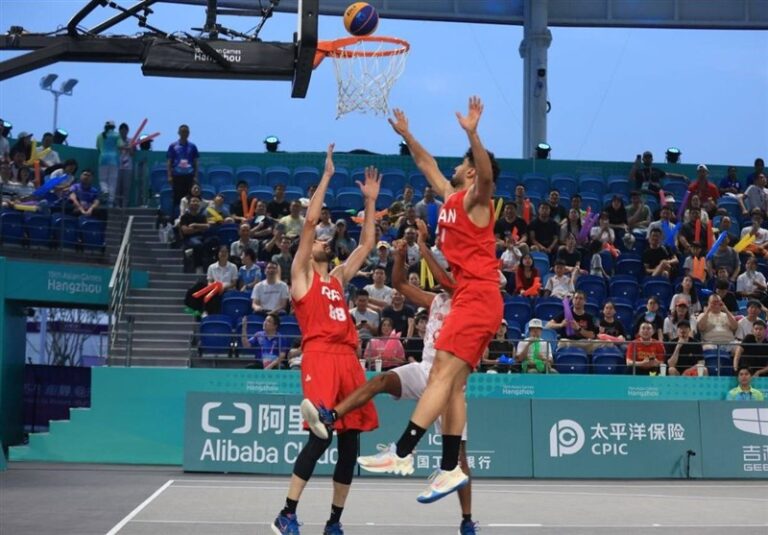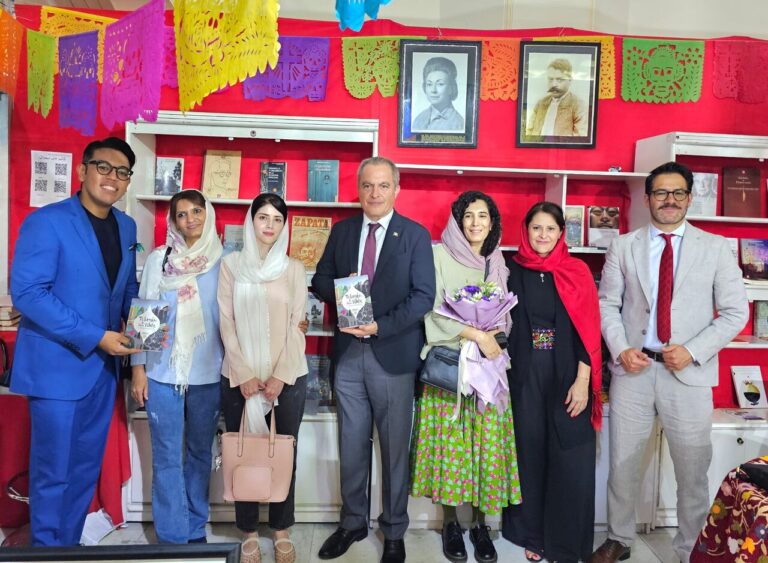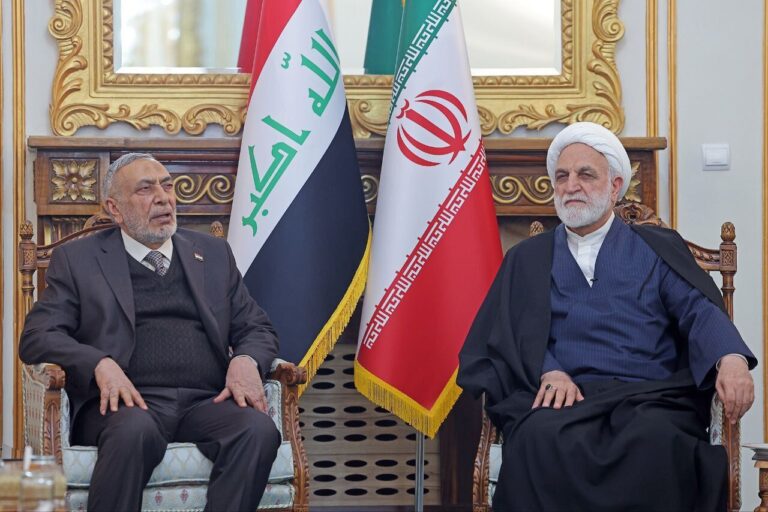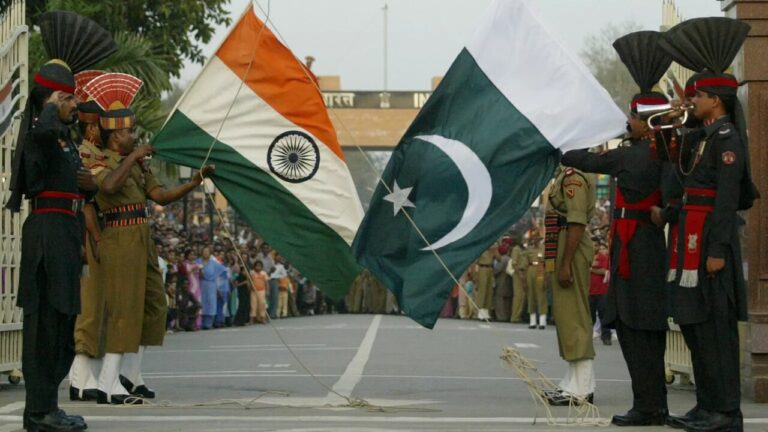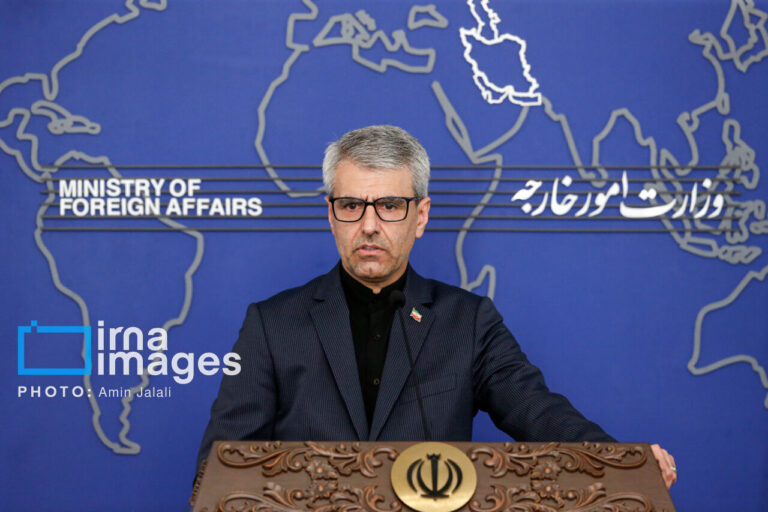Nobel Laureate Calls for Global Action Against Iran’s Gender Apartheid Crisis
Narges Mohammadi, a Nobel laureate and prominent human rights activist, has made a compelling plea to France’s Senate to take decisive action against gender apartheid in Iran. During a recent video call from Tehran, she emphasized the urgent need for prioritizing human and women’s rights in the country. Mohammadi stated, “Fighting gender apartheid is not merely a struggle for women’s liberation from systemic oppression; it is an essential step toward achieving democracy, peace, and justice. One cannot oppress and enslave half of society while speaking of democracy, freedom, and equality.”
Her powerful address was directed at the Delegation for Women’s Rights of the French Senate and National Assembly, highlighting the critical situation faced by women in Iran. Released on medical leave on December 4, Mohammadi is expected to return to prison on December 25 unless her lawyer’s request for an extension, supported by medical evaluations, is granted. As of now, the decision regarding her return remains pending.
In her speech, Mohammadi raised alarming concerns about the increasing number of executions in Iran, particularly those targeting women political prisoners. She specifically mentioned the cases of Pakhshan Azizi and Varisheh Moradi, both of whom are detained in Evin Prison and face imminent execution. Mohammadi stated, “The Iranian regime is exacting revenge on women for the ‘Woman, Life, Freedom’ movement. Pakhshan Azizi and Varisheh Moradi… now face the looming threat of execution. The regime wields the noose as a tool of terror to break the resolve of Iran’s brave and conscientious women.”
To provide further context, Varishe Moradi was sentenced to death in November by Tehran’s Revolutionary Court on charges of “armed rebellion,” while Pakhshan Azizi received a similar sentence in July. These cases underscore the dangerous environment for women in Iran, especially those who challenge the regime.
Mohammadi urged the international community, particularly the French Parliament and Senate, to adopt a robust stance on human rights in their dealings with the Iranian government. She emphasized that “Make human rights a prerequisite and the central focus of all negotiations.” Furthermore, she warned that any negotiations that overlook fundamental human rights, women’s rights, and civil liberties might inadvertently strengthen religious authoritarianism and undermine the Iranian people’s aspirations for democracy, freedom, and equality.
The plight of Mohammadi is not an isolated case; she has spent over a decade in prison and has been sentenced to a staggering 36 years, 154 lashes, and 135 days in solitary confinement for her advocacy. Her relentless efforts for human rights have earned her numerous international accolades, including the prestigious 2023 Nobel Peace Prize, UNESCO’s Guillermo Cano World Press Freedom Prize, and the Courage Award from Reporters Without Borders.
According to a report from the United Nations human rights office in January, Iran executed 901 people in 2024, which included 31 women. This figure marks a significant increase in capital punishment cases within the country. Mohammadi remarked, “To stop the ever-increasing executions and to achieve human rights and women’s rights, put pressure on the Islamic Republic.” Last year’s execution tally was the highest recorded in decades, reflecting a grim reality for human rights in Iran.
In her closing remarks, Mohammadi called upon the international community to prioritize mechanisms such as universal jurisdiction to hold Iranian regime officials accountable for their actions. She cautioned against normalizing relations with a regime that is responsible for crimes against humanity, stating, “Prioritize international mechanisms such as universal jurisdiction to hold regime officials accountable, rather than normalizing a regime responsible for crimes against humanity.”
The situation for women and human rights activists in Iran remains perilous, and Mohammadi’s call to action resonates as a critical reminder for the international community to remain vigilant and supportive in the fight against injustice. By advocating for strong human rights policies, especially concerning gender apartheid, the global community can stand in solidarity with Iranian women and support their quest for freedom and equality.
